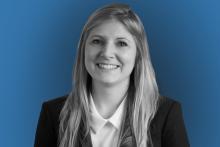'It is all about damage control?: How the Mack family's Europa-Park survived coronavirus lockdown
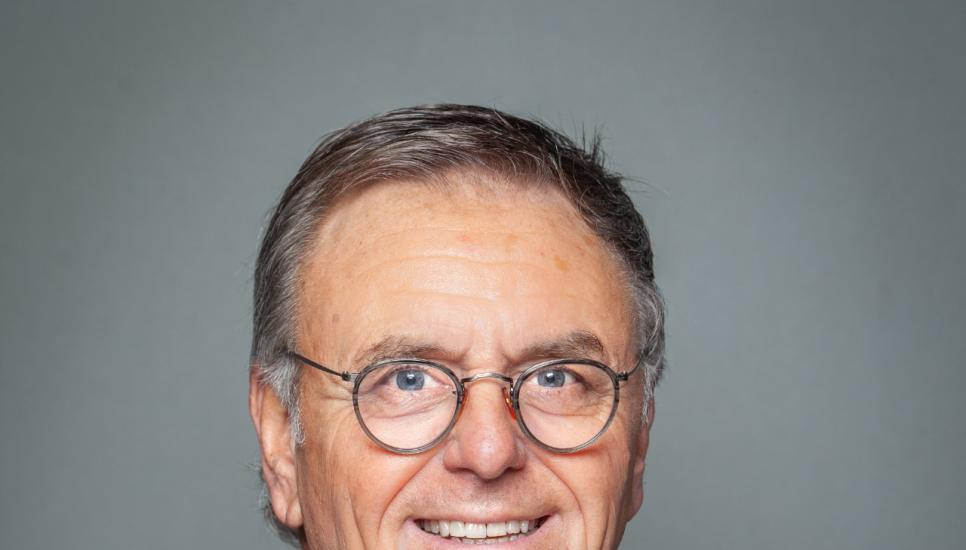
The Mack family were excited about the prospects of 2020 at the start of the year—their Europa-Park resort welcomed a record 5.7 million visitors in 2019 and they were eager for returns on their brand new €180 million ($213 million) water world Rulantica and its adjacent hotel, their largest ever investment in their family business’s 45-year history.
Then the coronavirus pandemic struck Europe. The season opening for Germany’s largest theme park was scheduled for 28 March but, after consultation with health authorities, the Mack family decided “with a heavy heart" to close the 95ha resort in mid-March. Lockdown restrictions eased and the family gradually reopened the park throughout May, with extensive health and safety protocols and staff training in place, and have worked hard to salvage the summer season.
Founder Roland Mack (pictured), 70, is a son of the late entrepreneur Franz Mack and one of the four managing partners of Europa-Park with brother Jurgen and next-gens Thomas and Michael Mack. Roland Mack tells CampdenFB how his family business managed the crisis, the pressures they felt and the innovations they deployed.
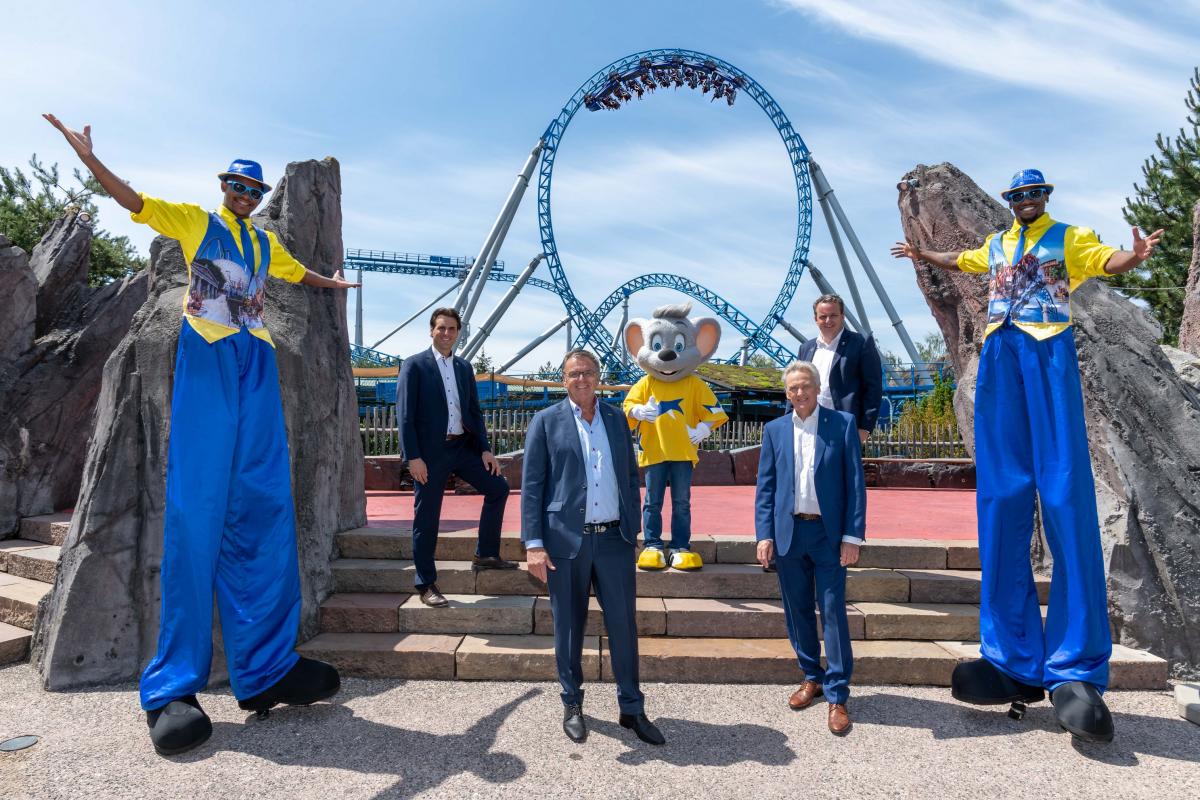 What impacts have there been on the Europa-Park family business to date because of the coronavirus pandemic, in terms of seasonal trade, investments, growth and staff?
What impacts have there been on the Europa-Park family business to date because of the coronavirus pandemic, in terms of seasonal trade, investments, growth and staff?
Due to the forced closure of Europa-Park, Rulantica, and the entire hotel resort, we lost approximately €100 million [$118 million] in revenue. We were closed for two full months and had to furlough approximately 2,000 employees. We have voluntarily topped up their salaries to make sure our team is looked after.
On 29 May, we were finally able to open Europa-Park and the hotel resort, and shortly thereafter, on 10 June, we then also re-opened Rulantica, our new water world. We are operating at a highly reduced capacity in both our parks and the entire hotel resort to ensure social distancing can be followed, so growth is totally out of the question this year. It is all about damage control.
As soon as we had re-opened, we brought back about 80% of our workforce for Rulantica and are working with a rotating system at Europa-Park, to ensure everybody can come back to work, at least part-time.
We have continued to pursue our investments, many of which were already well underway by the time the pandemic hit us. We are looking forward to re-open our popular Pirates in Batavia ride in the summer, which has been re-built and is now state of the art. Further, we are already working on the first expansion in the outdoor area of Rulantica.
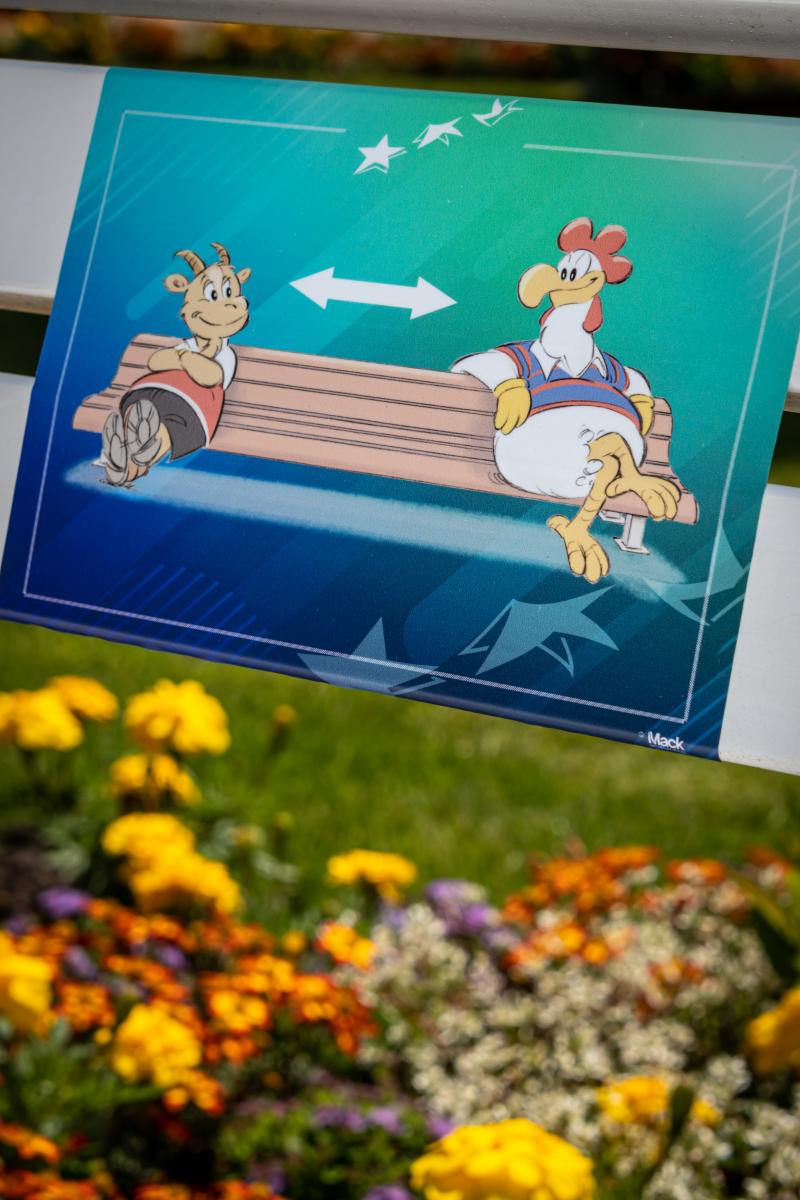 How did you manage those impacts?
How did you manage those impacts?
We had to furlough a significant number of staff but were very keen to make it as easy and fair for our staff as possible.
We have also used the time of the parks being closed to come up and develop innovative solutions to make sure we can offer our guests the safest experience possible. We have, for example, developed a new app, Distance Radar, which encourages visitors in a playful way to keep minimum distance to other guests. By doing so, you have a chance to win VIP ride tickets where you can ride without queueing. We have also introduced virtual queueing on certain attractions to limit the time visitors are stood in queues. This frees up their time to explore the park, too. We have put down distance markers throughout the park, introduced crowd control measures such as one-way systems, implemented an online ticket only entry system to minimise contact between staff and visitors, and much more. Some restaurants, where social distancing isn’t easily possible, are still closed and we focus on take-away food as an alternative. You can see, we have been busy, but we feel that we have prepared our parks as good as possible to deal with this new reality.
What has been the toughest decision the family has had to make and why?
To furlough staff was definitely a difficult decision we had to make. As a family business, we have very good relationships to our employees, and it was our top priority to find a way though this that ensured that our employees are taken care of as good as possible. For us, as a family, it was difficult to go from 100 to 0 in such a short space of time. We were ready and geared up for a fantastic summer season, and all of a sudden, we couldn’t open. Not seeing the smiles on the faces of our visitors, something that drives us all every day, has been tough. We are all the happier that the guests are back!
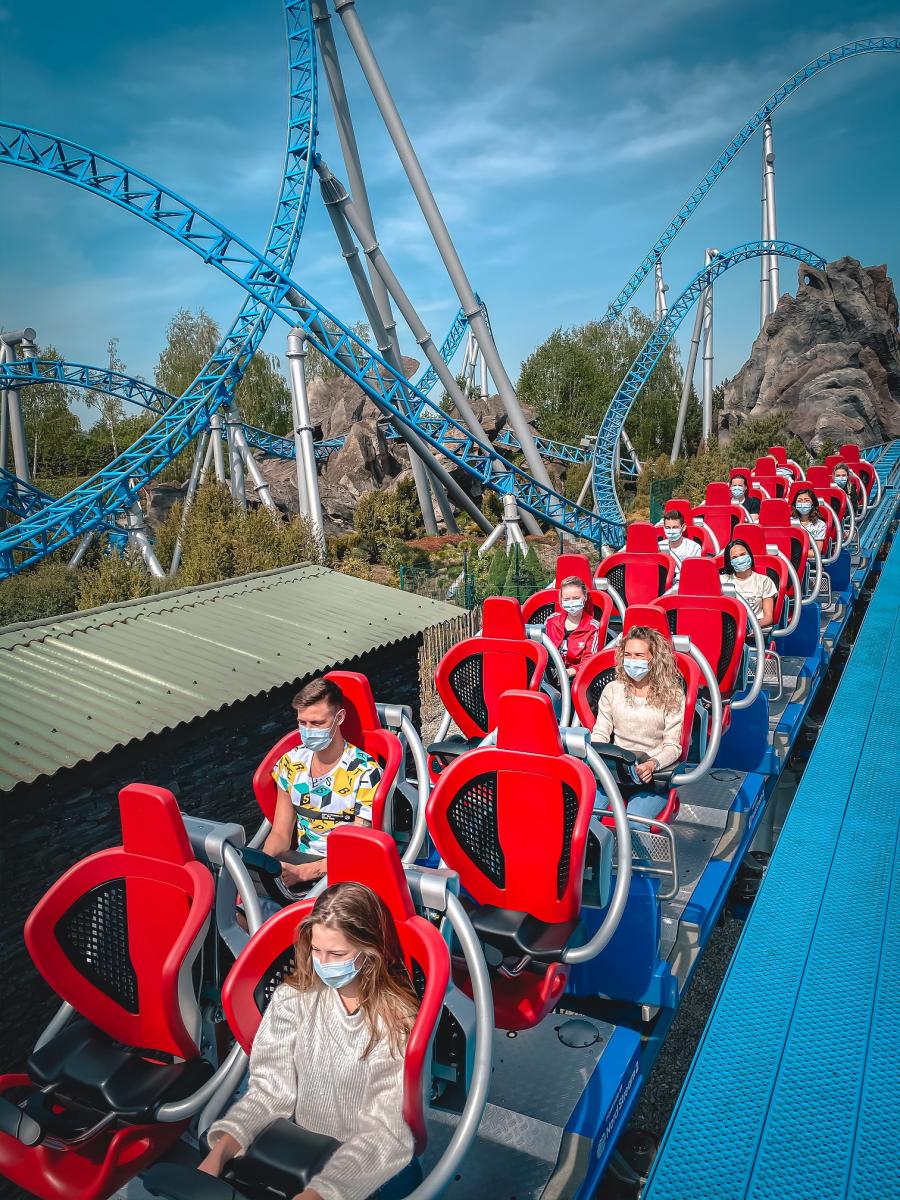 Are there any successful methods of mitigation or advice you would recommend to your peers in family businesses who are dealing with the pandemic?
Are there any successful methods of mitigation or advice you would recommend to your peers in family businesses who are dealing with the pandemic?
The health and safety of staff and guests has to be the top priority. We worked very closely with the authorities to make sure that we find ways that work, that we follow the guidelines, and if in doubt, we went a step further. We also made use of technology, and developed new technology, to enhance the experience of our guests, but also to make sure that we add even more to the safety and awareness of our guests. It was a great effort by everyone involved, not least our guests. Only if they help us by following the new guidelines can we keep operating in this new way. And so far, they have all done a fantastic job!
Are you seeing extra demand from charities the family supports? If so, how are you strategising a sustainable response?
It was always clear for us that we would help and support wherever we could. We have for example donated 25,000 rain ponchos which were used as protective equipment in elderly homes and hospitals in the neighbouring Alsace. We have also given thousands of Lindt Easter bunnies to staff in the hospital in Freiburg, to say thank you for their great work and fantastic effort. A particularly nice experience was when our artists went to perform in some courtyards of elderly homes to lighten about the residents’ day. It is amazing to see what people have done and how we all pulled together, we are glad that we could play a small part ourselves.



